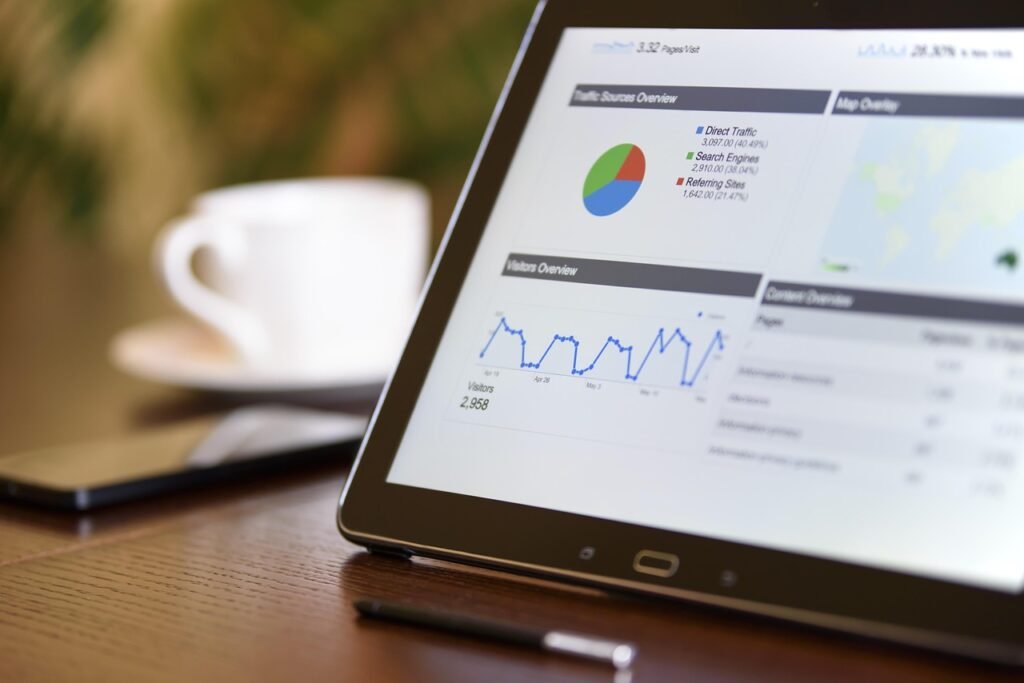
Navigating the global marketplace requires more than just understanding market trends and consumer behavior. Hidden beneath the surface lies a critical factor that can dramatically impact the success – or failure – of international ventures: political risk. This encompasses a broad range of potential events and governmental actions that can affect a company’s profitability, stability, and even its ability to operate within a particular country. Understanding and mitigating political risk is paramount for businesses seeking to expand internationally or maintain existing global operations.
What is Political Risk?
Political risk is the risk that an investment’s returns could suffer as a result of political changes or instability in a country. It can arise from various sources, ranging from subtle shifts in government policy to outright armed conflict. Understanding the different types of political risk is crucial for effective risk management.
Types of Political Risk
Political risk manifests in many forms. Recognizing these different forms allows businesses to anticipate potential challenges and develop strategies to mitigate their impact.
- Expropriation: This involves the government seizing assets without adequate compensation. Historically, this was a common occurrence in resource-rich nations. For example, in the early 2000s, several Latin American countries nationalized energy companies, impacting foreign investors.
- Nationalization: Similar to expropriation, but on a larger scale, involving the government taking control of entire industries. This often occurs after a significant political shift.
- Currency Inconvertibility: Restrictions imposed by a government on the exchange of its currency, making it difficult for businesses to repatriate profits. For instance, countries with strict capital controls might limit the amount of foreign currency a company can purchase.
- Contract Frustration: When a government unilaterally alters or cancels contracts with foreign investors. This can include changing tax laws, environmental regulations, or labor laws to the detriment of a company.
- Political Violence: This includes events like wars, revolutions, terrorism, and civil unrest, which can directly damage assets, disrupt operations, and endanger personnel.
- Regulatory Risk: Changes in laws and regulations that negatively impact a business’s operations. This can range from stricter environmental standards to increased labor costs.
Factors Influencing Political Risk
Several factors contribute to the overall level of political risk in a country. Evaluating these factors provides valuable insights for risk assessment.
- Political Stability: The strength and legitimacy of the government, the presence of democratic institutions, and the likelihood of peaceful transitions of power.
- Economic Conditions: Economic growth, inflation, unemployment, and the level of foreign debt all influence political stability and government policies.
- Social Unrest: Social inequality, ethnic tensions, and religious conflicts can lead to political instability and violence.
- Legal and Regulatory Environment: The transparency and impartiality of the legal system, the enforcement of contracts, and the prevalence of corruption all affect the business environment.
- Geopolitical Risks: Regional conflicts, international sanctions, and diplomatic tensions can create uncertainty and increase political risk.
Assessing Political Risk
Before investing in a foreign country, a thorough assessment of political risk is essential. This involves analyzing various data sources and developing a comprehensive understanding of the political landscape.
Information Sources for Risk Assessment
Numerous sources provide information on political risk. Utilizing a combination of these sources ensures a more comprehensive and accurate assessment.
- Political Risk Consulting Firms: Specialized firms that provide in-depth analysis and risk ratings for countries worldwide. These firms often offer tailored reports and advisory services.
- Government Agencies: Organizations like the U.S. State Department and the UK Foreign Office publish travel advisories and reports on political and economic conditions in different countries.
- International Organizations: The World Bank, the International Monetary Fund (IMF), and the United Nations offer data and analysis on political stability, economic development, and human rights.
- News Media: Reputable news outlets provide coverage of political events and social trends that can impact businesses.
- Industry Associations: Associations specific to certain industries often provide insights into the political and regulatory challenges faced by their members in different countries.
- Local Experts: Consulting with local lawyers, business advisors, and academics can provide valuable on-the-ground perspectives.
Methods for Political Risk Assessment
Various methods can be used to assess political risk, ranging from qualitative assessments to quantitative models.
- Qualitative Analysis: This involves gathering information from experts and analyzing political trends, social dynamics, and historical data. It focuses on understanding the context and nuances of the political environment.
- Quantitative Analysis: This uses statistical models and economic indicators to assess the likelihood of specific political events and their potential impact on investments.
- Scenario Planning: Developing multiple scenarios for the future political landscape and assessing the potential impact of each scenario on the business. This helps companies prepare for a range of possible outcomes.
- Delphi Method: A structured communication technique that involves soliciting expert opinions through questionnaires and feedback rounds to reach a consensus on risk assessments.
Mitigating Political Risk
Once political risks have been identified and assessed, businesses can implement strategies to mitigate their potential impact. These strategies can be proactive or reactive, depending on the nature of the risk.
Strategies for Risk Mitigation
Several strategies can be employed to reduce exposure to political risk. The choice of strategy depends on the specific risks and the company’s risk tolerance.
- Political Risk Insurance: Purchasing insurance policies that cover losses due to political events like expropriation, nationalization, and political violence. Organizations like the Multilateral Investment Guarantee Agency (MIGA) offer political risk insurance.
- Diversification: Spreading investments across multiple countries to reduce exposure to any single political environment. This allows companies to minimize the impact of adverse events in one country.
- Joint Ventures: Partnering with local companies or governments can provide political protection and access to local knowledge and networks.
- Localization: Hiring local employees, sourcing local suppliers, and adapting products and services to local markets can increase acceptance and reduce political opposition.
- Negotiation and Diplomacy: Engaging in dialogue with government officials and stakeholders to address concerns and build relationships. This can help prevent or mitigate adverse government actions.
- Contractual Safeguards: Including clauses in contracts that provide for international arbitration in case of disputes. This provides a neutral forum for resolving disagreements.
- Hedging: Using financial instruments to protect against currency fluctuations and other financial risks associated with political instability.
Practical Examples of Mitigation in Action
Real-world examples illustrate how businesses can effectively mitigate political risk.
- A mining company operating in a politically unstable country might secure political risk insurance to protect against expropriation and political violence.
- A technology company expanding into a new market might form a joint venture with a local partner to gain access to local knowledge and government connections.
- A manufacturing company might diversify its production facilities across multiple countries to reduce its reliance on any single location.
The Role of Political Risk in Investment Decisions
Political risk is a critical factor in investment decisions, particularly for international ventures. Failing to consider political risk can lead to significant financial losses and reputational damage.
Incorporating Risk into Investment Analysis
Political risk should be integrated into the financial analysis of investment projects. This involves adjusting discount rates, incorporating risk premiums, and conducting sensitivity analyses.
- Adjusting Discount Rates: Increasing the discount rate for investments in countries with higher political risk to reflect the increased uncertainty.
- Incorporating Risk Premiums: Adding a risk premium to the expected returns of an investment to compensate for the potential losses due to political risk.
- Sensitivity Analysis: Assessing how changes in political variables (e.g., tax rates, regulatory costs) would impact the profitability of the investment.
- Real Options Analysis: Evaluating the value of flexibility in investment decisions, such as the option to delay, expand, or abandon a project in response to changing political conditions.
Making Informed Investment Choices
Understanding political risk enables businesses to make more informed investment decisions and allocate resources more effectively.
- Strategic Planning: Incorporating political risk assessments into the strategic planning process to identify potential opportunities and threats.
- Resource Allocation: Allocating resources to projects with the best risk-adjusted returns, considering both the potential benefits and the potential risks.
- Due Diligence: Conducting thorough due diligence on potential investment targets to assess their exposure to political risk.
- Exit Strategies: Developing clear exit strategies for investments in countries with high political risk, including triggers for divestment.
Conclusion
Political risk is an unavoidable aspect of the global business environment. By understanding the different types of political risk, developing robust assessment methods, and implementing effective mitigation strategies, businesses can navigate the complexities of the international marketplace and protect their investments. Ignoring political risk can be a costly mistake. Proactive risk management is essential for achieving long-term success in the global economy. Businesses that prioritize political risk analysis are better positioned to make informed decisions, mitigate potential losses, and capitalize on opportunities in a dynamic and uncertain world.







